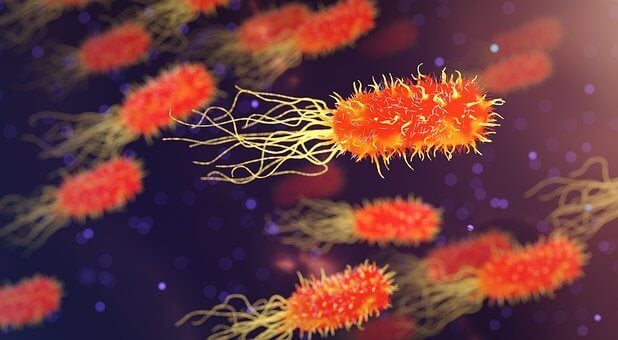Key Points
- Researchers at the University of Helsinki have identified certain strains of Desulfovibrio bacteria as the probable cause of Parkinson’s disease in most cases.
- These bacterial strains cause aggregation of the α-synuclein protein in a model organism for Parkinson’s disease, while strains isolated from healthy individuals do not cause the same degree of aggregation.
- The study’s findings make it possible to screen for carriers of these harmful bacteria and remove them from the gut, potentially slowing the symptoms of Parkinson’s disease.
Parkinson’s disease is no longer a mystery, as Finnish researchers at the University of Helsinki have identified certain strains of Desulfovibrio bacteria as the cause of most cases. The findings provide hope for better treatment options, as the screening of carriers of the bacteria and the removal of it from the gut can alleviate and slow symptoms of the disease.
Environmental exposure to specific strains of Desulfovibrio bacteria that cause Parkinson’s disease is the primary cause of the disease, said Professor Per Saris from the University of Helsinki. The findings indicate that only a small share, or roughly 10%, of Parkinson’s disease is caused by individual genes, he said.
The researchers aimed to study whether the Desulfovibrio strains found in patients can lead to the progression of Parkinson’s disease. Their study found that these bacterial strains cause the aggregation of the α-synuclein protein in a model organism for Parkinson’s disease. The worm Caenorhabditis elegans was used as the model organism.
The study also found that Desulfovibrio strains isolated from healthy individuals do not cause α-synuclein aggregation to the same degree. In contrast, the aggregates caused by the Desulfovibrio strains in patients with Parkinson’s disease were also larger.
“Our findings make it possible to screen for the carriers of these harmful Desulfovibrio bacteria. Consequently, they can be targeted by measures to remove these strains from the gut, potentially alleviating and slowing the symptoms of patients with Parkinson’s disease,” Saris said. Once the harmful bacteria are eliminated from the gut, α-synuclein aggregates are no longer formed in intestinal cells, which travel towards the brain via the vagus nerve like prion proteins.
The study was published in Frontiers in Cellular and Infection Microbiology.

